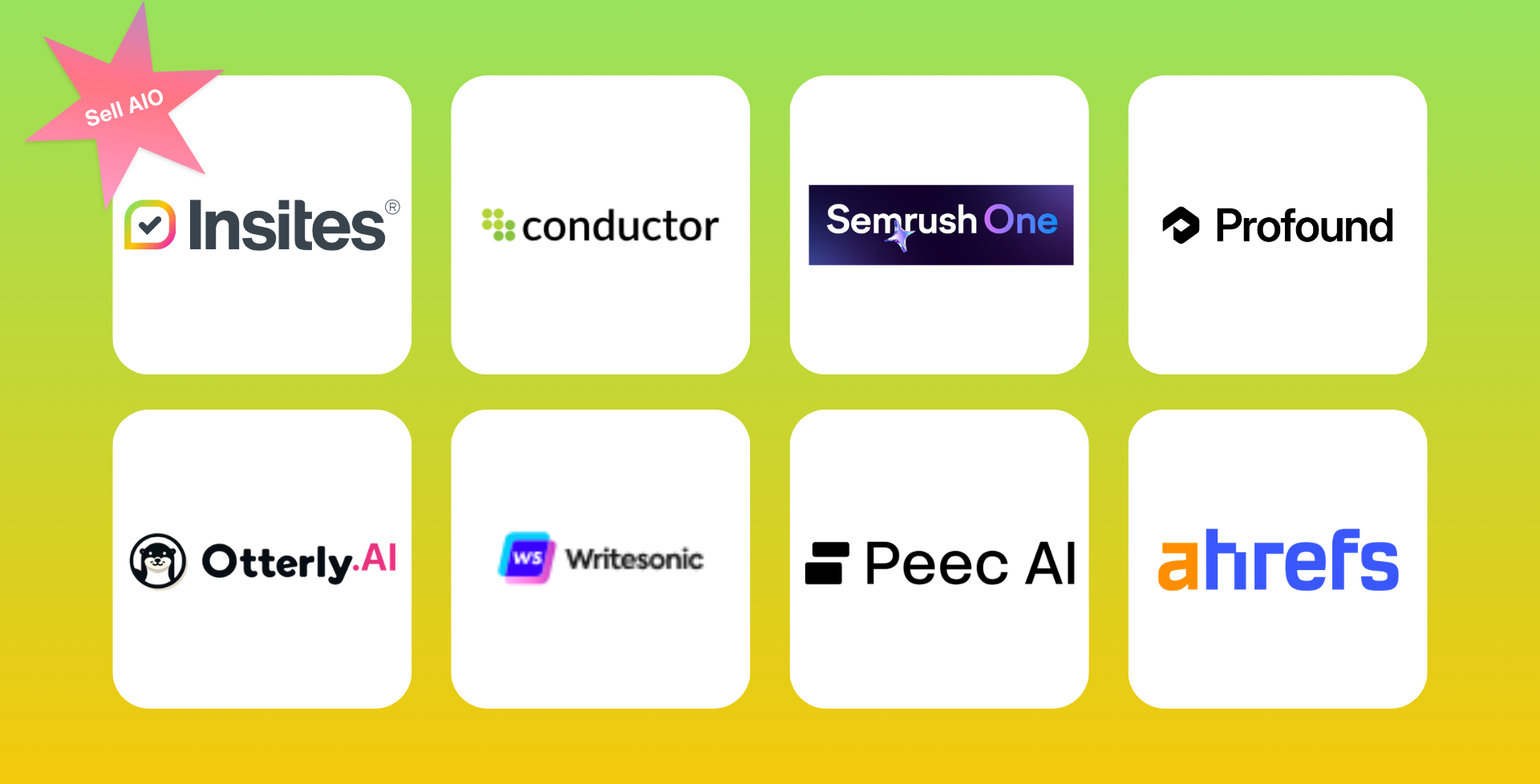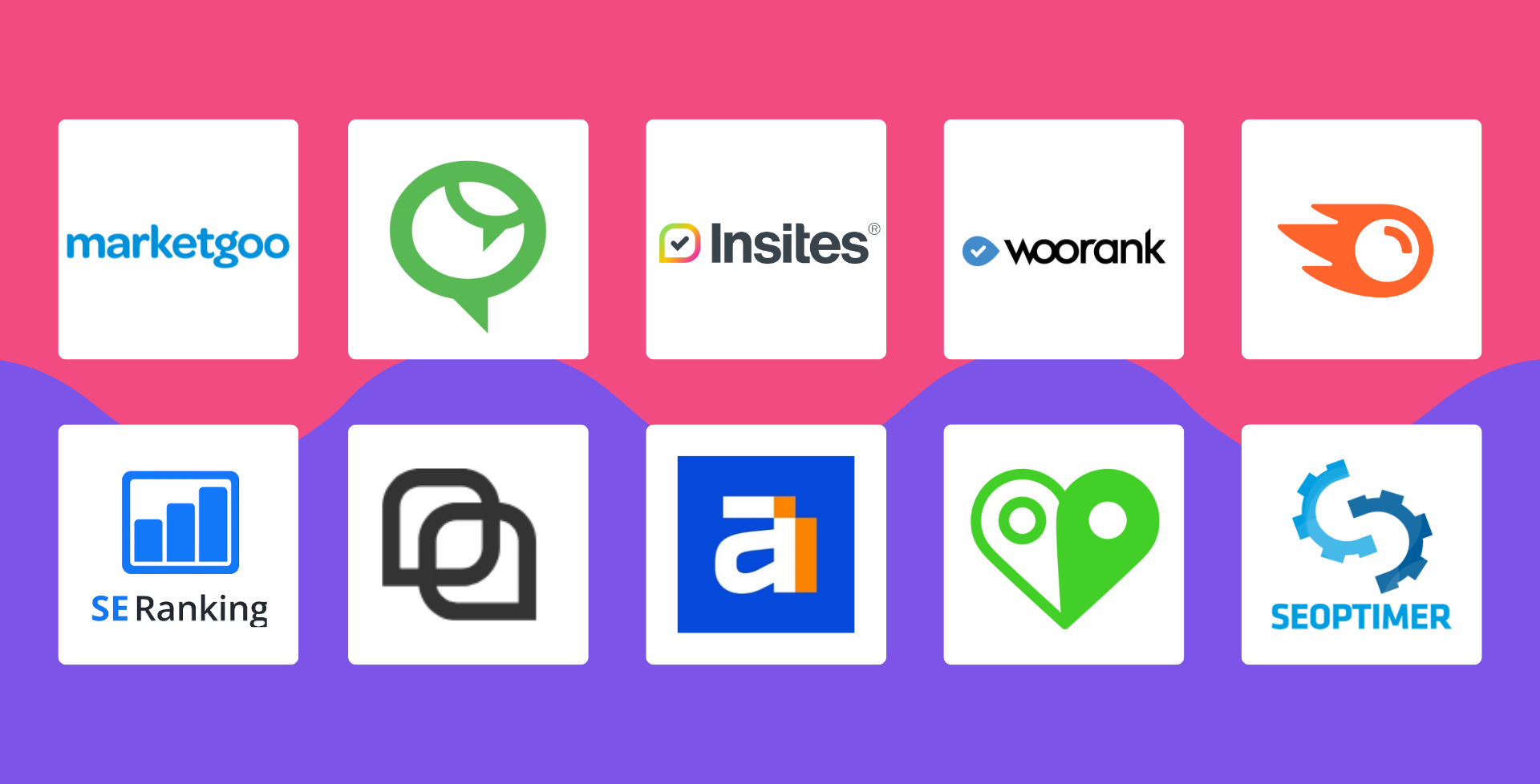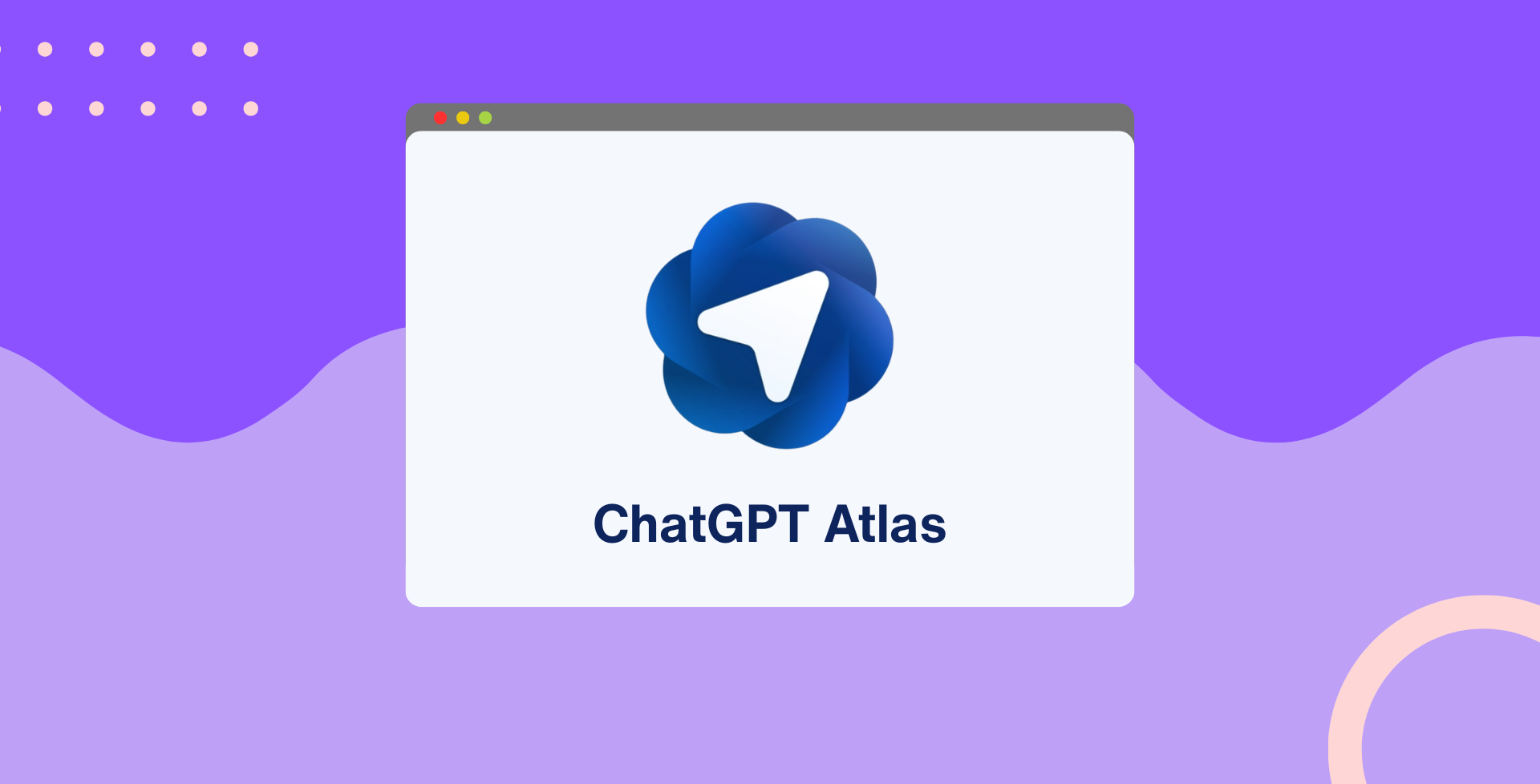SEO vs GEO: How E-E-A-T helps your clients win at both and how to make it happen
Izzy Fletcher • July 17, 2025
Your SMB clients aren't just competing for traditional Google rankings anymore. AI overviews and large language models (LLMs) are reshaping how customers discover businesses, and the rules have shifted.
If you've been wondering how to approach this with your clients without getting lost with acronyms and technical jargon, you're in the right place! I'm going to break this down in a way that actually makes sense for your digital marketing organisation and, more importantly, for the local businesses you're working with.
SEO vs GEO: What's the difference?
These new terms can be confusing for SMBs, but as their digital marketing partner, you need to understand the fundamental differences to have meaningful sales conversations. Here's how they stack up:
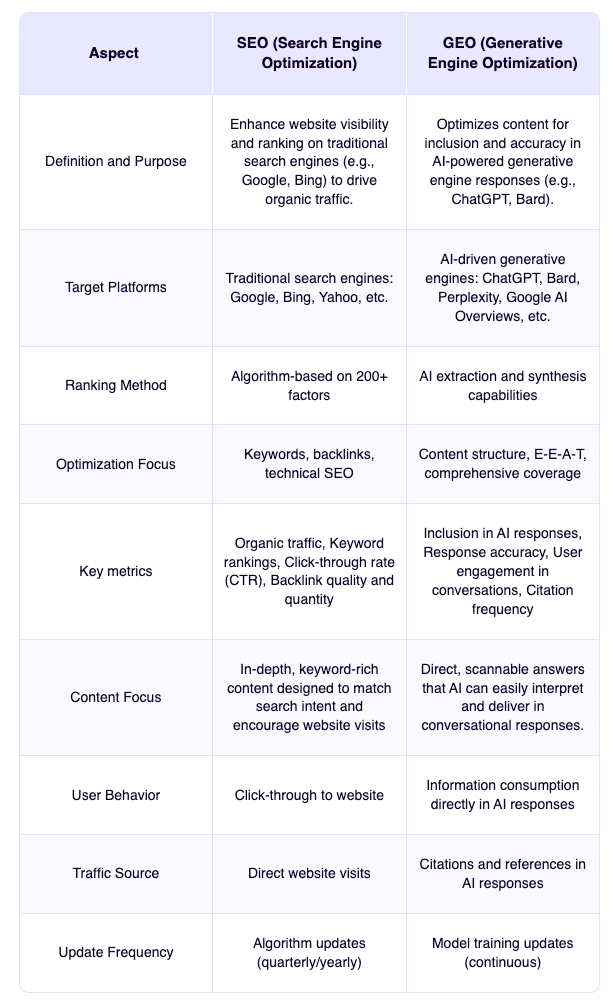
Source: Pragati Gupa
The key insight? While SEO gets you ranked, GEO gets you cited by AI as a trusted source. Both matter, but they require different approaches.
Why E-E-A-T works for both SEO and GEO
Here's what makes this interesting: E-E-A-T isn't just Google's ranking factor anymore. AI systems use these same signals to determine which businesses to cite in their responses.
When someone asks an AI "Who's the best accountant in Manchester?" the AI looks for the same trust signals Google does: proven expertise, local authority, and authentic customer experiences.
This creates a massive opportunity for SMBs. Focus on genuine E-E-A-T signals, and you'll improve both traditional search rankings and AI visibility simultaneously.
The practical approach to ranking in SEO and GEO
Start with authentic expertise
Every SMB has unique knowledge that its competitors don't. Your job is to make this visible online. Ask clients about their years in business, professional qualifications, industry awards, and what makes their business different.
This information needs to live prominently on their website, Google Business Profile, and in their content. But here's the crucial part for GEO: structure this information clearly. To achieve results in both, focus on:
- Content depth with detailed information
- Prioritise E-E-A-T
- Answer questions first, details explanation second
- Clear heading tags
- Structured data
- FAQ sections
- Place critical facts early in the content
- Site speed and indexability
- Strong presence and backlinks on third-party websites like business directories
Here’s what you need to start doing today
Audit the business to understand which areas of their online presence and website pages are driving results and which need work. Optimise the results in your data to create a strategy for improvements.
If you’re thinking “how do I qualify businesses quickly?” Insites audits have over 200 checks for SEO, local SEO, AI ranking, website building and more. And the best part? They’re super easy-to-understand for both sales reps and SMBs. Each check is ranked out of 100 and has a colour coded scores, so no one gets confused.
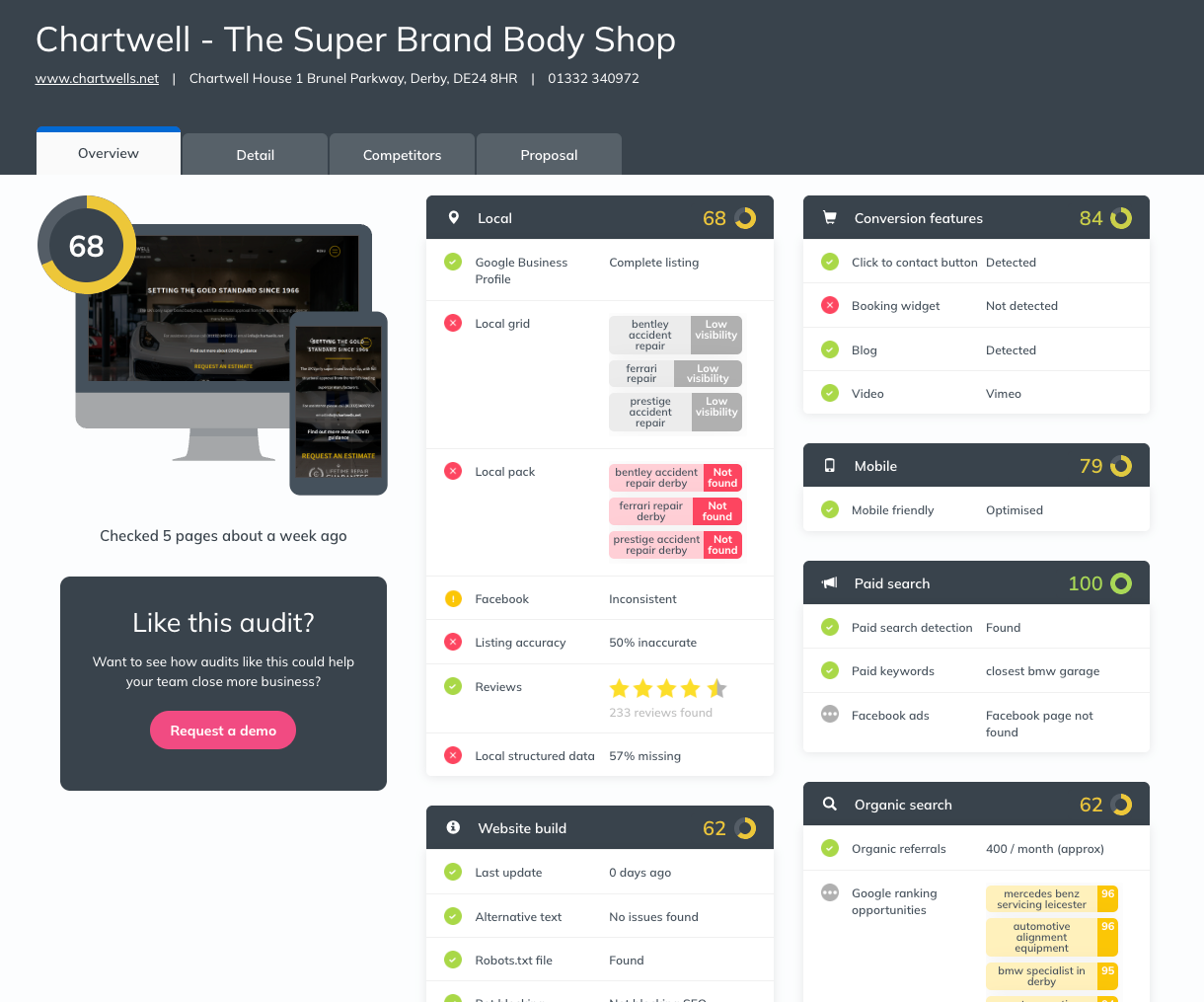
Create content that AI can understand
Traditional SEO content targets keywords. GEO content answers questions comprehensively. Encourage clients to create detailed how-to guides, case studies with specific results, and industry insights that demonstrate deep knowledge.
But there is a lot of power in the copy your use to create this type of content. AI systems love specific, actionable information they can cite. So instead of writing "Local SEO tips for restaurants," write "How Manchester restaurants can increase foot traffic by 40% using local SEO strategies."
Build local digital authority
For SMBs, local authority is everything. But GEO changes how you build it. Beyond traditional tactics like local citations and reviews, focus on structured data that AI can easily extract.
This means properly marked-up business information, detailed service descriptions with schema, and consistent NAP data across all platforms. When AI systems scan for local experts, they rely heavily on this structured information.
Make trust signals crystal clear
AI systems are incredibly good at spotting trust signals, but they need clear markers. Ensure clients have comprehensive contact information, professional website design, active social media presence, and regular content updates.
Most importantly, display customer reviews prominently and respond to them. AI systems interpret active review management as a strong trust signal.
Common pitfalls to avoid
Don't try to game AI systems with keyword stuffing or fake credentials. These systems are sophisticated enough to detect inauthentic content, and the penalties are severe.
Don't ignore the technical side. Proper schema markup, structured data, and clear information architecture aren't nice-to-haves anymore – they're essential for AI visibility.
Don't set unrealistic expectations. Building genuine E-E-A-T takes 6-12 months, but the businesses that commit to this approach consistently outperform competitors in both traditional and AI-powered search.
Measuring success for both
Track traditional SEO metrics like rankings and organic traffic, but also monitor AI visibility. Are your clients being cited in AI overviews? Are they appearing in voice search results? Are they getting featured in AI-powered local search responses?
Use tools like SEMRush, Insites or SE Ranking that can audit both traditional SEO signals and AI-readiness factors. This gives you a complete picture of your client's digital visibility and helps you identify opportunities competitors are missing.
The bottom line
For your SMB clients, focusing on building a strong online presence for SEO and GEO means they’re building the kind of business they probably wanted to build anyway: one that's trusted, respected, and known for its expertise.
The beauty of this approach is that it creates a sustainable cycle. The more you help clients demonstrate their expertise and build trust online, the more successful they become.
Want to see how your clients' online presence stacks up? Our comprehensive audit tools can help you identify opportunities and track improvements over time.
Want to know more about Insites audits? Book a free demo call with us today.


